
The Wall Street Journal fails to acknowledge that 2016 was the warmest year on record
Claim:
no one really knows if last year (2016) was a (global temperature) record
Latest in

Claim:
no one really knows if last year (2016) was a (global temperature) record

Claim:
the warming is not nearly as great as the climate change computer models have predicted.
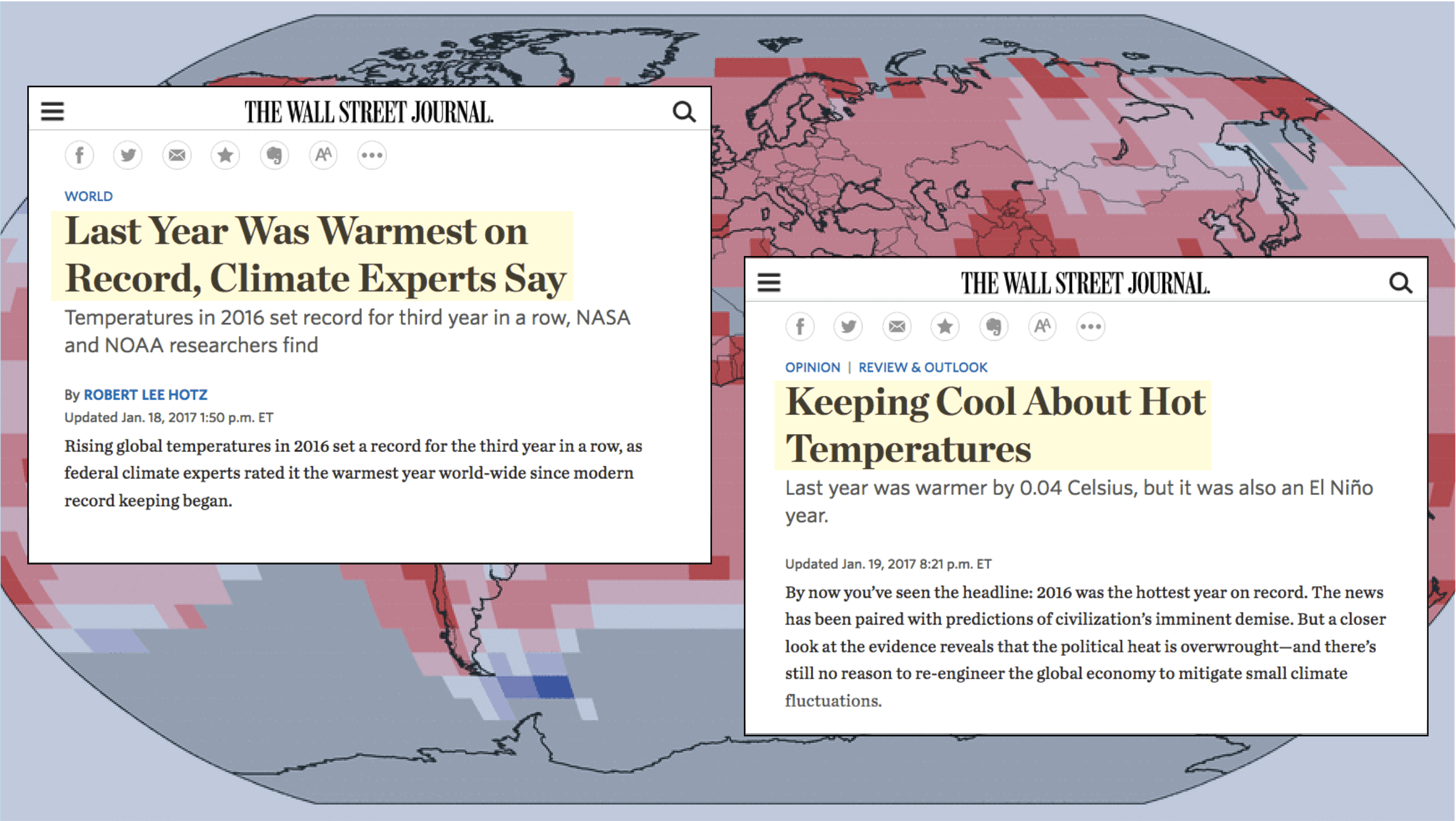
On January 18, NASA and NOAA released the data showing that 2016 was the warmest year on record in both…
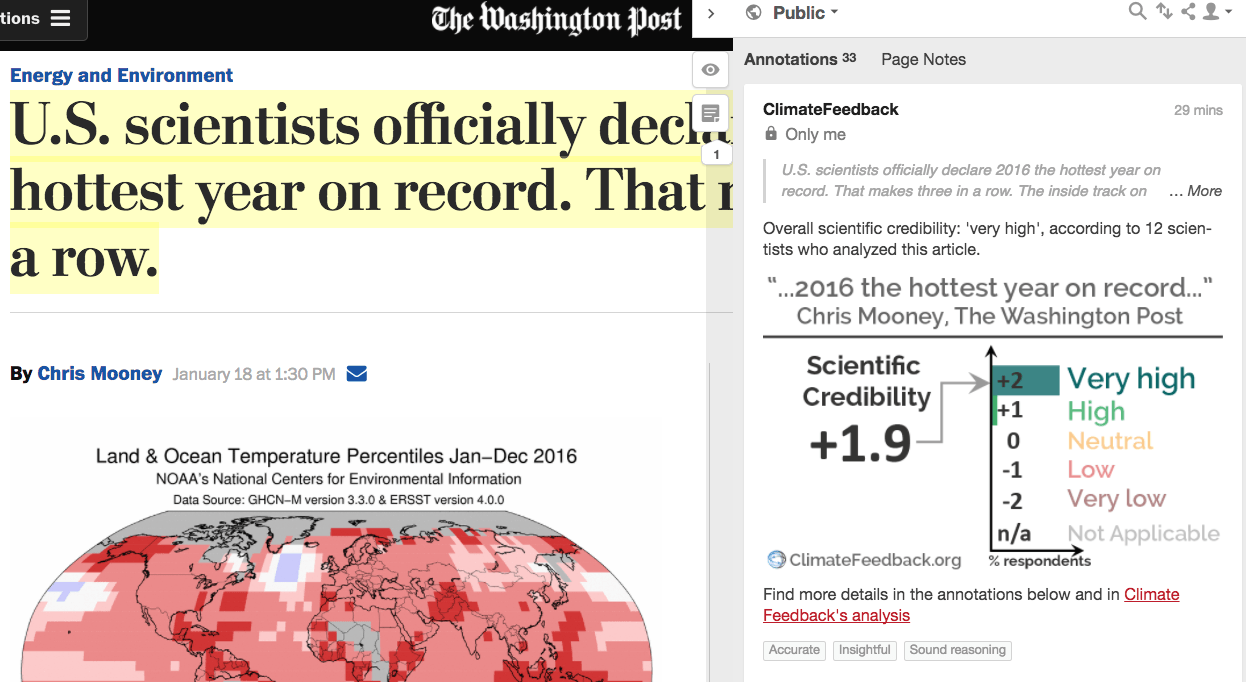
“The article accurately conveys the US agencies’ declaration of 2016 as the hottest year on record. It provides some good background material on why the agencies’ numbers differ slightly (treatment of the Arctic) and the contributing roles of El Niño and man-made global warming.”
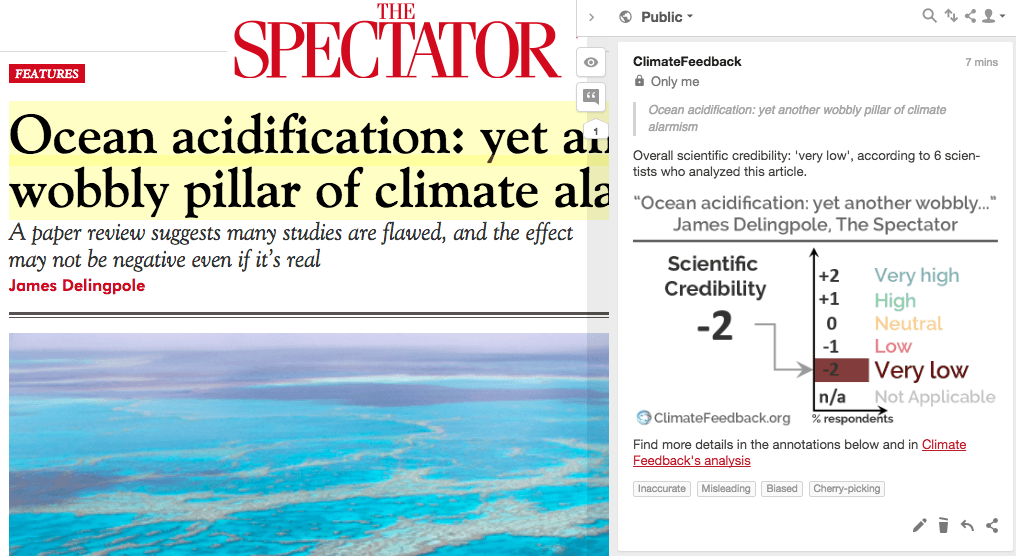
The scientists who have analyzed the article show that it contains significant inaccuracies, notably for its core assumptions, and misrepresents scientific studies and scientists it cites to make its point. Reviewers also note that the article knocks down strawman arguments that do not represent the state of scientific knowledge (scientists do not claim the ocean will become a “giant acid bath”).

Claim:
Marine life has nothing whatsoever to fear from ocean acidification.
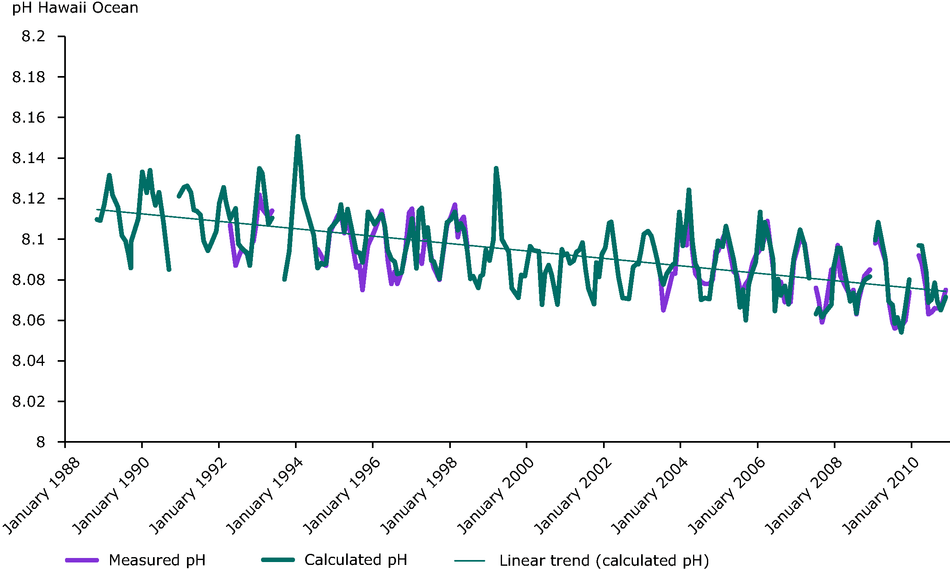
Claim:
there has been no reduction in oceanic pH levels in the last century

“When interviewing scientists, journalists need to make it clear to readers whether the resulting article is based on opinion or science. It is not sufficient to assume that an interview with an individual scientist will result in a science-based article”
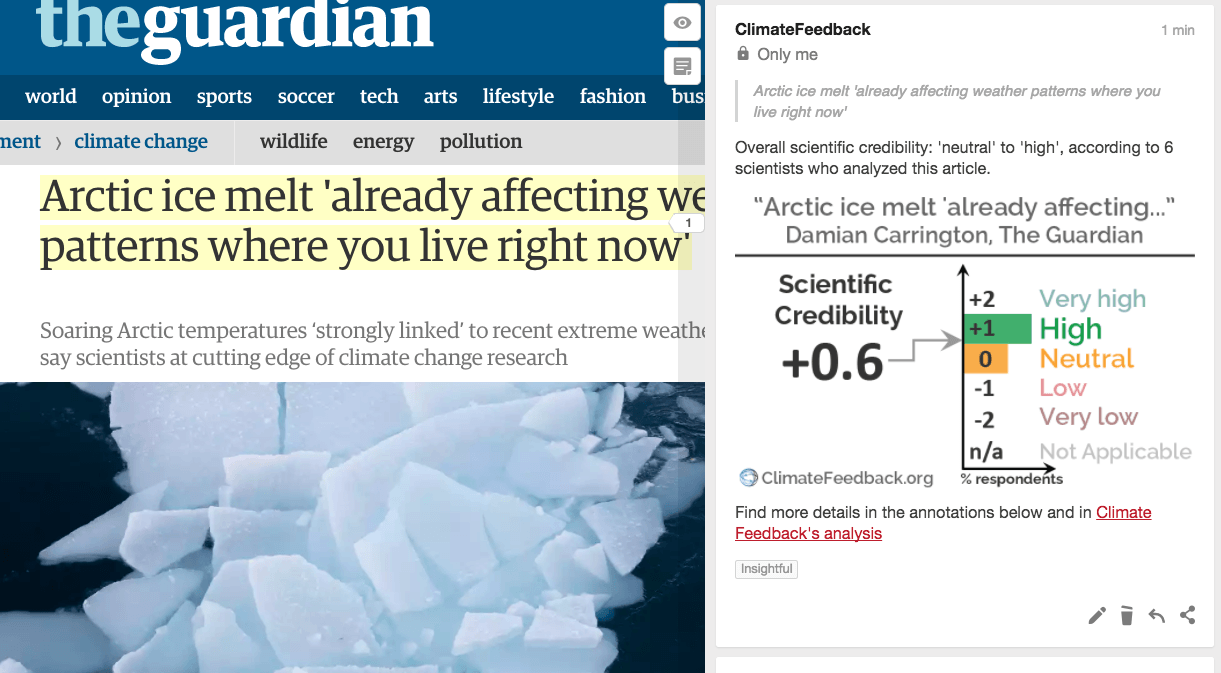
“The article nicely introduces some of the emerging science linking Arctic climate change to extreme weather at lower latitudes. There are no major inaccuracies and the author has sought expert comment form several prominent scientists. However, the article fails to fully capture the large uncertainty about how Arctic warming may influence weather in places further south and how big this effect might be.”

Claim:
The jet stream meanders more, with big loops bringing warm air to the frozen north and cold air into warmer southern climes.